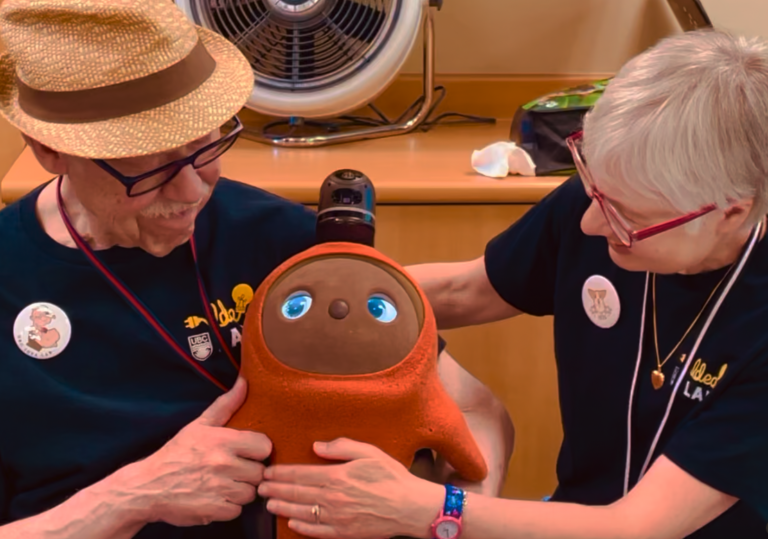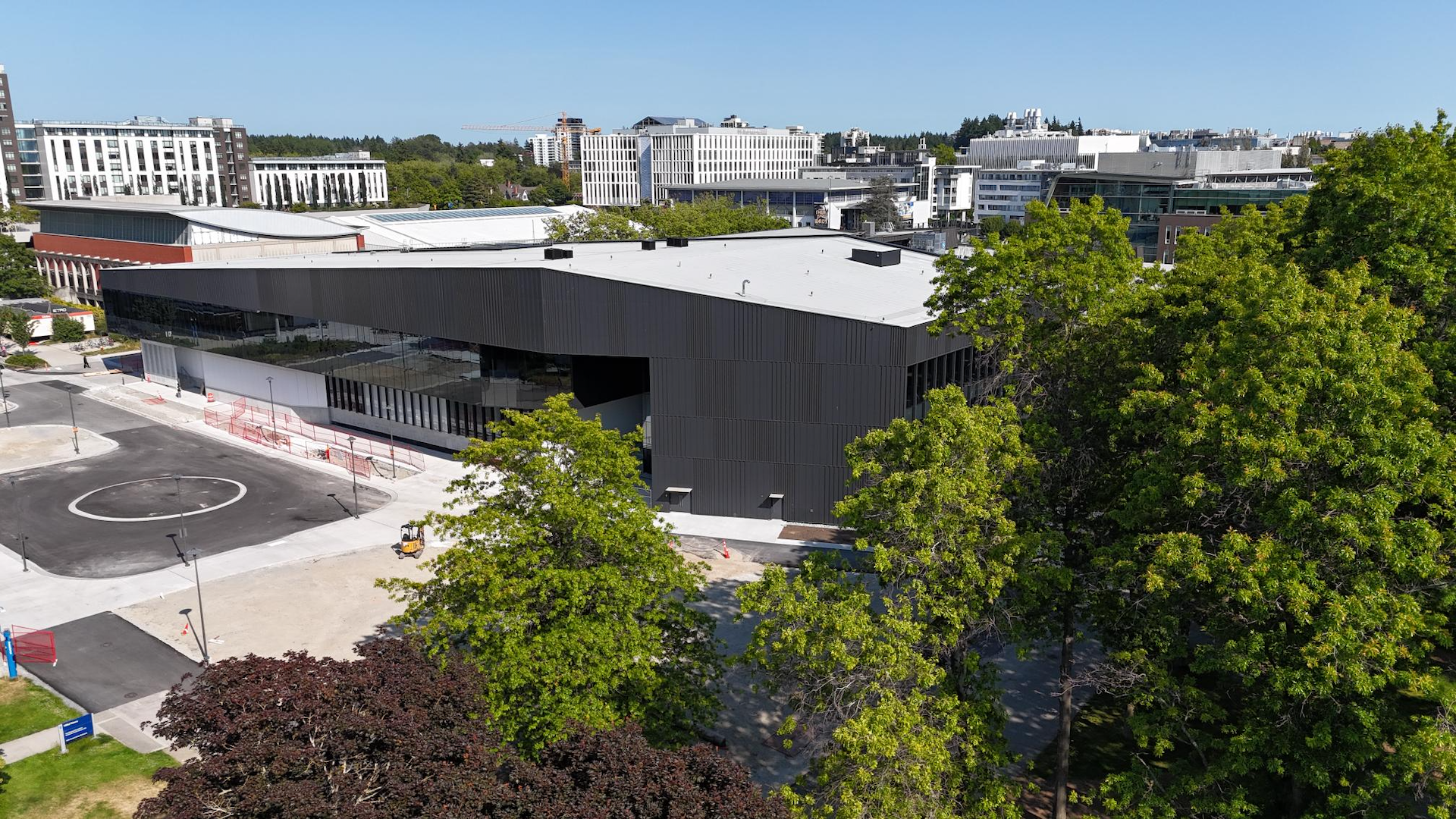Science & Technology
-
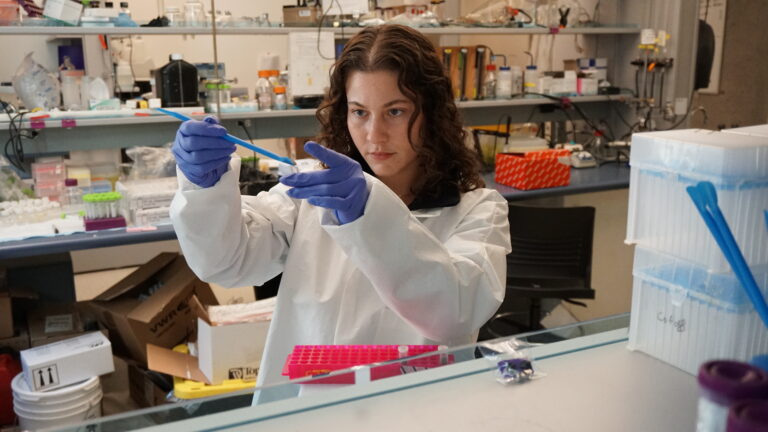
Biological fingerprints in soil show where diamond-containing ore is buried
DNA sequencing technique can also help source minerals that are key to the green-energy transition.
-
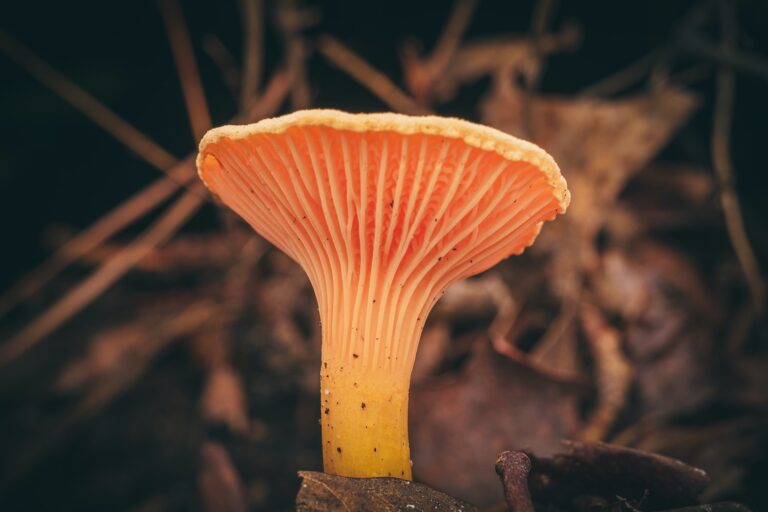
How to forage for mushrooms – safely and legally – this fall
Dr. Mary Berbee, professor in the UBC department of botany, discusses how to safely and legally forage for mushrooms around the city this fall.
-
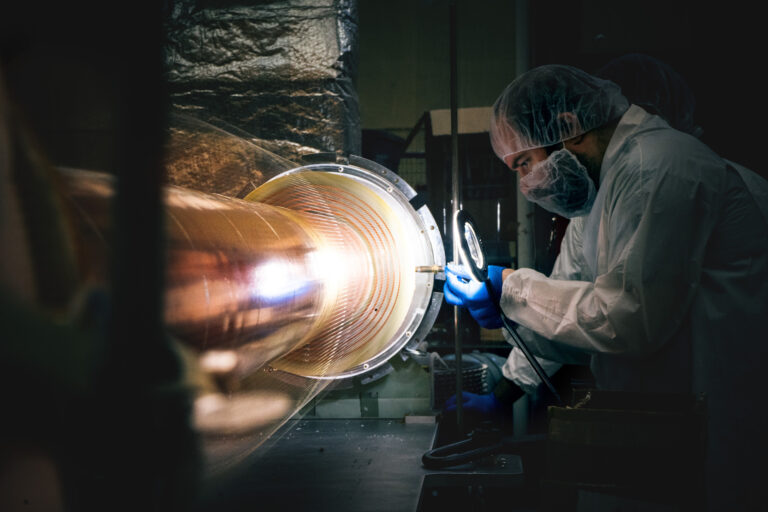
Does antimatter fall up or down? Physicists observe the first gravitational free-fall of antimatter
In the world’s first observation of the effect of gravity on antimatter, a group of researchers from Canada and around the world have made an important confirmation: like matter, antimatter does indeed ‘fall downwards’.
-

From chalkboards to chatbots: How to use artificial intelligence in the K-12 classroom
Dr. Ron Darvin, an assistant professor in the faculty of education, discussed how artificial intelligence is changing how we teach students and how they learn.
-
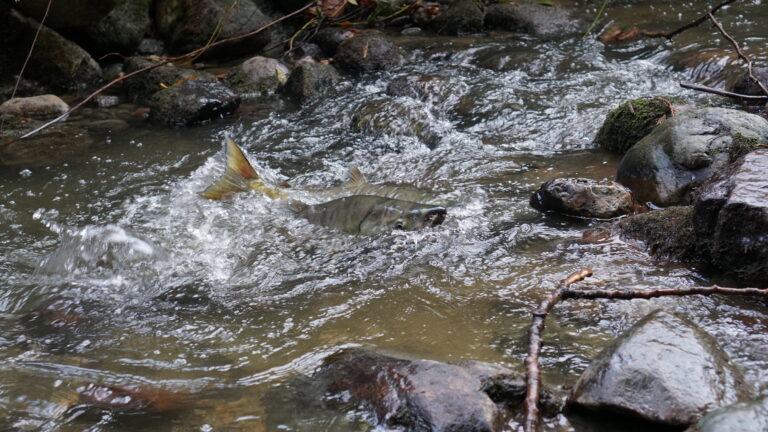
Salmon bones confirm sustainable chum fishery for 2,500 years under Tsleil-Waututh Nation
New research confirms that Tsleil-Waututh Nation has consistently and sustainably fished for chum salmon for 1,200 years longer than the archaeological record had previously demonstrated.
-

B.C. split on safety of self-driving cars – gradual introduction needed to build comfort among all road users
New UBC research suggests British Columbians are not quite ready to embrace self-driving cars wholeheartedly – and will need a period of gradual transition before adoption.
-
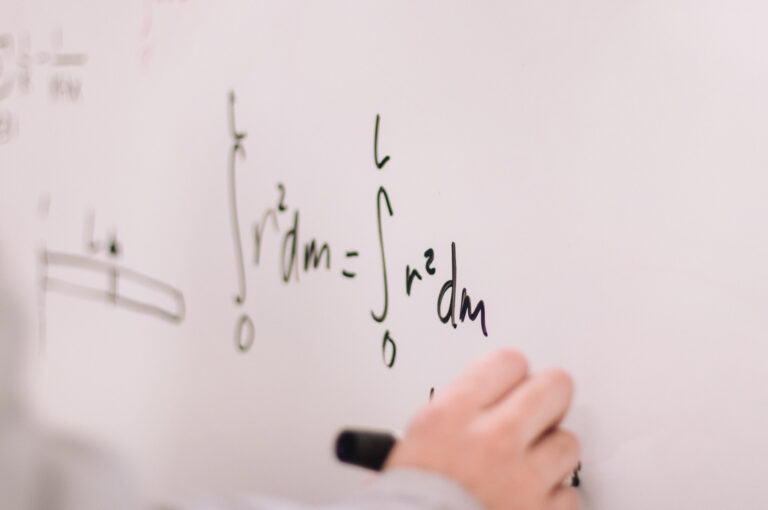
Here’s how to conquer math anxiety and succeed this semester
So many people struggle with mathematics that there’s a term for the dread you feel when faced with a calculation: math anxiety. But the good news is, math doesn’t have to be scary.
-
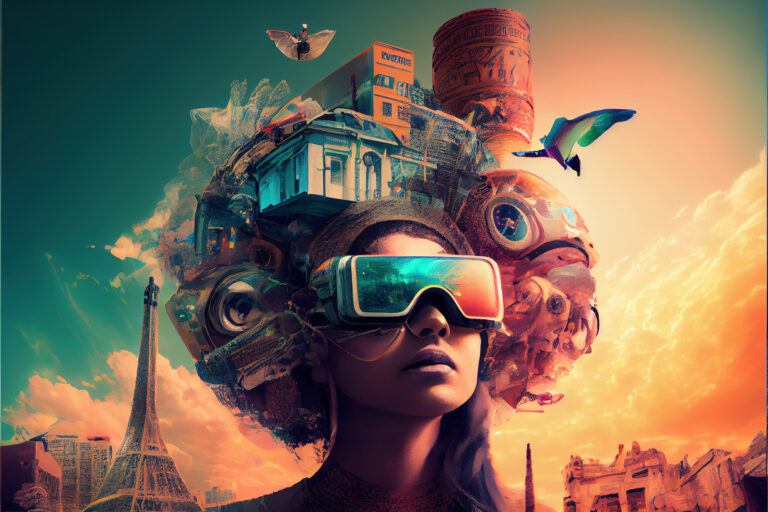
People dislike AI art because it threatens their humanity: study
The study is the first of its kind to link people’s aversion to AI art with speciesism and anthropocentrism, and their view that digital works threaten “the last fortress of human supremacy arguments, artistic creation.”
